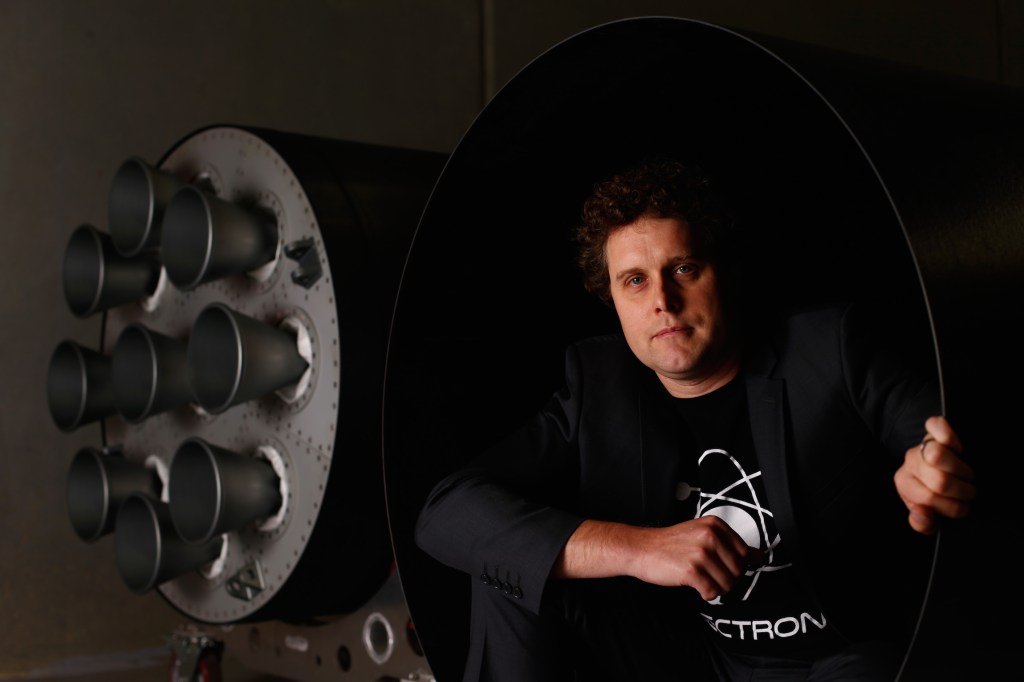
The Space Development Agency is the mystery customer behind Rocket Lab’s up-to $515 million, 18-satellite order announced in late December, the two firms announced today.
In a regulatory filing from December 21, Rocket Lab said it would “design, manufacture, deliver and operate 18 space vehicles” for an unnamed U.S. government customer. In a statement today, the SDA said that the deal for the 18 satellites is for a portion of the SDA’s vast network of military satellites known as Proliferated Warfighter Space Architecture (PWSA).
The contract is for a base amount of $489 million with additional opportunities worth $26 million.
The SDA has already issued billions in contracts for PWSA. This particular funding is for a portion known as the Tranche 2 Transport Layer, and a variant called Beta. The SDA has already awarded contracts for 72 T2TL Beta satellites, for a total value of $1.5 billion, to Northrop Grumman and Lockheed Martin.
Under the contract, Rocket Lab will deliver and operate a prototype constellation in two orbital planes of nine satellites each. The satellites are scheduled to launch no later than July 2027. Rocket Lab will not be providing the communications payload, and company executives declined to name that provider during a press release Monday.
“We welcome Rocket Lab as the newest member of Team SDA and our third performer on the T2TL- Beta program,” said Derek Tournear, SDA director. “Their selection as a new prime and bus provider demonstrates SDA’s dedication to our mission, which includes development of a growing, innovative marketplace necessary to sustain SDA’s proliferated architecture on two-year spirals.”
The new award is the largest in the company’s history. The bulk of the work will be carried out in the next three years, and Rocket Lab will operate the satellites through 2030, with an option to extend operations through 2033. The satellites will be built at the company’s spacecraft development and manufacturing complex in Long Beach, California, and brings the total number of spacecraft under backlog to 40.
Rocket Lab is leveraging its vertically integrated supply chain, with the company not only building the satellites but also using much of its own subcomponents, including solar panels, star trackers, reaction wheels and avionics, CEO Peter Beck said during the press conference,
Rocket Lab CTO Adam Spice touched on this specifically during the press release: “This contract is the culmination of a thoughtful and deliberate investment in our space systems business,” he said. “It’s why we either acquire key space technologies or invest in them organically, as a means to deliver industry-leading quality performance and schedule.”
He added that the company is “certainly not stopping at Beta” and that Rocket Lab will continue to make proposals on other initiatives.
